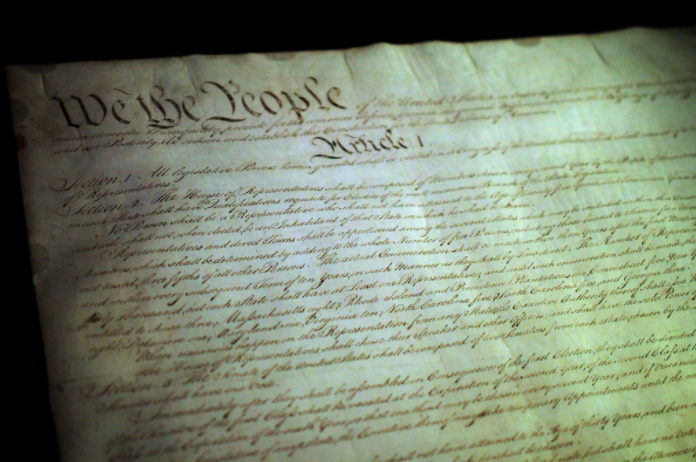Bill of Rights Day
1) The First Amendment provides the right to free speech and press. It also gives Americans the freedom to assemble in groups, protest and petition the government to fix problems. Furthermore, it protects Americans’ right to practice and believe in any religion they choose while preventing the U.S. government from creating or favoring one religion.
2) The Second Amendment provides the right to bear arms.
3) The Third Amendment prevents the government from housing soldiers in private homes. This protection was added to the Constitution because laws before the Revolutionary War permitted British soldiers to take over private residences.
4) The Fourth Amendment protects against the unlawful search and seizure of individuals and their property.
5) The Fifth Amendment protects individuals from self-incrimination and states that no person can be imprisoned without due process of law, which means each person is entitled to fair legal procedures and trials. The Fifth Amendment also states that serious criminal charges need to be started by a grand jury and that the same person cannot be tried twice for the same offense. Furthermore, the government cannot take away private property without paying just compensation.
6) The Sixth Amendment states that all individuals have the right to a speedy and public trial by an impartial jury in criminal cases. It also states that individuals have the right to be informed of their criminal charges, know who is bringing the charges against them, and the right to be represented by an attorney. Witnesses must face the accused individual, and the accused individual is also allowed their own witnesses in a trial.
7) The Seventh Amendment provides the right to a jury trial in civil cases and prevents courts from overturning a jury’s finding of fact unless there is a violation of common law.
8) The Eighth Amendment protects against excessive bail and fines, and cruel and unusual punishment.
9) The Ninth Amendment assures that the rights of the people are not limited to the specific rights listed in the Constitution.
10) The Tenth Amendment states that the Federal government is only entitled to the powers expressly given in the Constitution. Any powers not listed in the Constitution are given to the states or the people.




